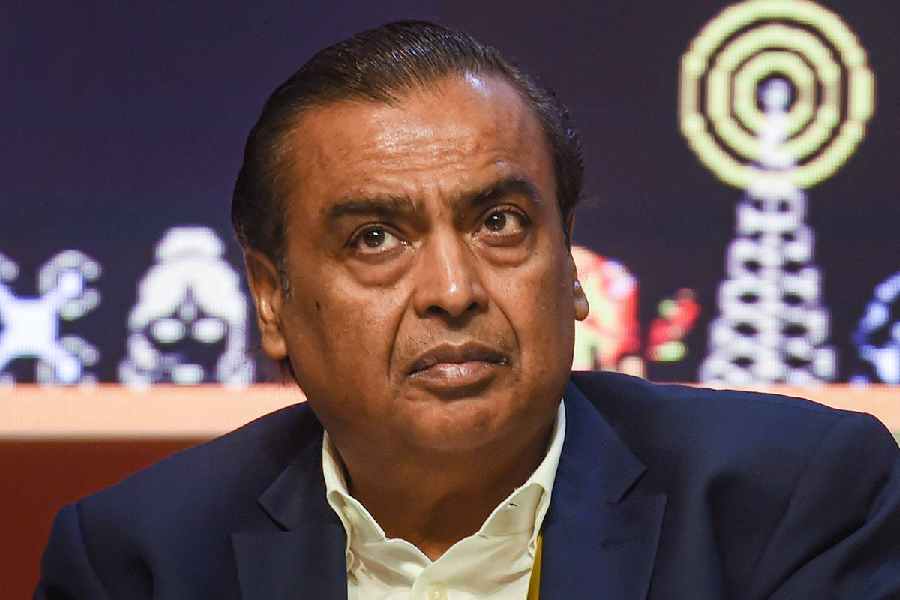Indian billionaire Mukesh Ambani's Reliance Industries Limited (RIL) has privately argued that the telecom regulator incorrectly concluded that home satellite broadband spectrum should be allocated and not auctioned, a letter seen by Reuters shows, intensifying a face-off with Elon Musk's Starlink.
The methodology of giving out spectrum for satellite services in India — a market set to grow 36 per cent a year to reach $1.9 billion by 2030 according to Deloitte — has been a contentious issue since last year.
Musk's Starlink and global peers such as Amazon's Project Kuiper back an administrative allocation, while Ambani — Asia's wealthiest man who runs India's Reliance Jio — is arguing for an auction process.
The current dispute is over an interpretation of Indian law that some in the industry say paved the way for the allocation of spectrum last year as Musk wanted.
But Reliance is arguing no provisions are in place for satellite broadband services for individual or home users, industry sources said on Sunday.
The telecom regulator, Trai, is holding a public consultation, but Reliance in a private October 10 letter seen by Reuters asked for the process to be started afresh as the watchdog has "pre-emptively interpreted" that allocation is the way forward.
"Trai seems to have concluded, without any basis, that spectrum assignment should be administrative," Reliance's senior regulatory affairs official Kapoor Singh Guliani wrote in the letter to India's telecoms minister Jyotiraditya Scindia.
The recommendations of the watchdog will form the basis for the government's decision on the matter.
Tesla boss Musk is keen to launch Starlink in India, though a final decision on spectrum allocation remains a sticking point.
Starlink argues that the administrative allotment of licences is in line with a global trend.
Reliance says an auction is needed for a level playing field as foreign players could offer voice and data services and compete with traditional players, Reuters has reported.
Reliance's Jio is India's No. 1 telecoms player with 480 million users.
Under the Telecommunications Act 2023, the government has decided to allocate spectrum without auction through an administrative process for a select set of satellite services.
The telecom operator further said that the consultation paper fails to ask pertinent questions about the level-playing field, which will deprive stakeholders of the opportunity to voice their opinions.
"Such a consultation exercise could result in recommendations that disregard this vital issue of a level-playing field. Although we have raised this issue with Trai and asked that the consultation paper be revised to address the level-playing field issues between satellite and terrestrial networks, our request has not been considered favourably," Jio said.
Jio said that neither the Department of Telecom (DoT) nor Trai conducted any comprehensive study on technological evolution, market demand and supply, and economic feasibility of auctions of spectrum at the time of incorporating and allowing administrative allocation of spectrum for satellite phone services.
The telco also said that in line with clear legislative intent and DoT's recognition of the need for a level-playing field between satellite and terrestrial services, Trai must thoroughly assess technological evolution, market demand and supply, technical and economic feasibility of auctions for satellite services.
"Failure to do so may expose Trai consultation exercise and consequent recommendations liable to legal scrutiny. Hon'ble Supreme Court of India and its various judgments have emphasised the importance of a transparent and fair mechanism for assignment of spectrum and had junked the 'first-cum-first-served' method of assignment," Jio said.
Jio has said fixed satellite services now compete with fixed wireless access services and mobile satellite services compete with terrestrial mobile services.

